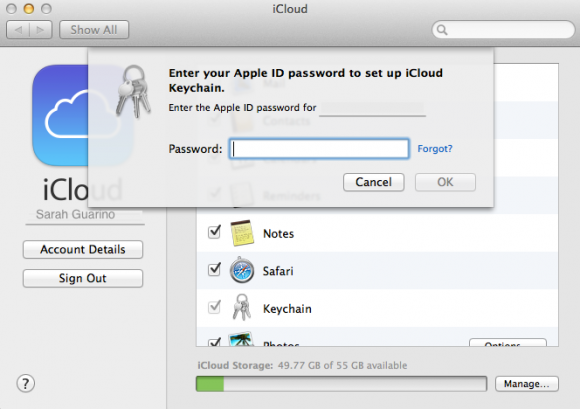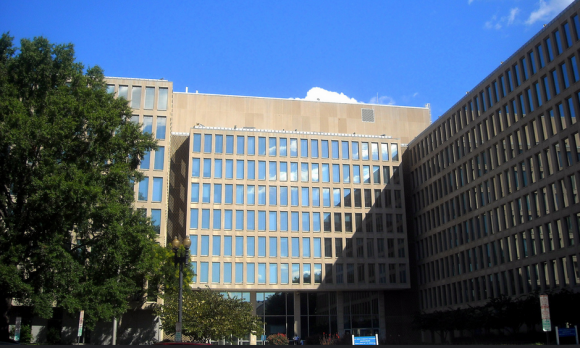We often hear about the impact of cybercrime, but too seldom do we read about the successes that law enforcement officials have in apprehending those responsible and bringing them to justice. Last week was an especially busy time for cybercrime justice, with authorities across the globe bringing arrests, prosecutions and some cases stiff sentences in connection with a broad range of cyber crimes, including ATM and bank account cashouts, malware distribution and “swatting” attacks.
Prosecutors in New York had a big week. Appearing in the U.S. court system for the first time last week was Ercan “Segate” Findikoglu, a 33-year-old Turkish man who investigators say was the mastermind behind a series of Oceans 11-type ATM heists between 2011 and 2013 that netted thieves more than $55 million.
According to prosecutors, Findikoglu organized the so-called “ATM cashouts” by hacking into networks of several credit and debit card payment processors. With each processor, the intruders were able to simultaneously lift the daily withdrawal limits on numerous prepaid accounts and dramatically increase the account balances on those cards to allow ATM withdrawals far in excess of the legitimate card balances.
The cards were then cloned and sent to dozens of co-conspirators around the globe, who used the cards at ATMs to withdraw millions in cash in the span of just a few hours. Investigators say these attacks are known in the cybercrime underground as “unlimited operations” because the manipulation of withdrawal limits lets the crooks steal literally unlimited amounts of cash until the operation is shut down.
Two of the attacks attributed to Findikoglu and his alleged associates were first reported on this blog, including a February 2011 attack against Fidelity National Information Services (FIS), and a $5 million heist in late 2012 involving a card network in India. The most brazen and lucrative heist, a nearly $40 million cashout against the Bank of Muscat in Oman, was covered in a May 2013 New York Times piece, which concludes with a vignette about the violent murder of alleged accomplice in the scheme.
Also in New York, a Manhattan federal judge sentenced the co-creator of the “Blackshades” Trojan to nearly five years in prison after pleading guilty to helping hundreds of people use and spread the malware. Twenty-five year old Swedish national Alexander Yucel was ordered to forfeit $200,000 and relinquish all of the computer equipment he used in commission of his crimes.
As detailed in this May 2014 piece, Blackshades Users Had It Coming, the malware was sophisticated but marketed mainly on English language cybecrime forums to young men who probably would have a hard time hacking their way out of a paper bag, let alone into someone’s computer. Initially sold via PayPal for just $40, Blackshades offered users a way to remotely spy on victims, and even included tools and tutorials to help users infect victim PCs. Many of Yucel’s customers also have been rounded up by law enforcement here in the U.S. an abroad. Continue reading














